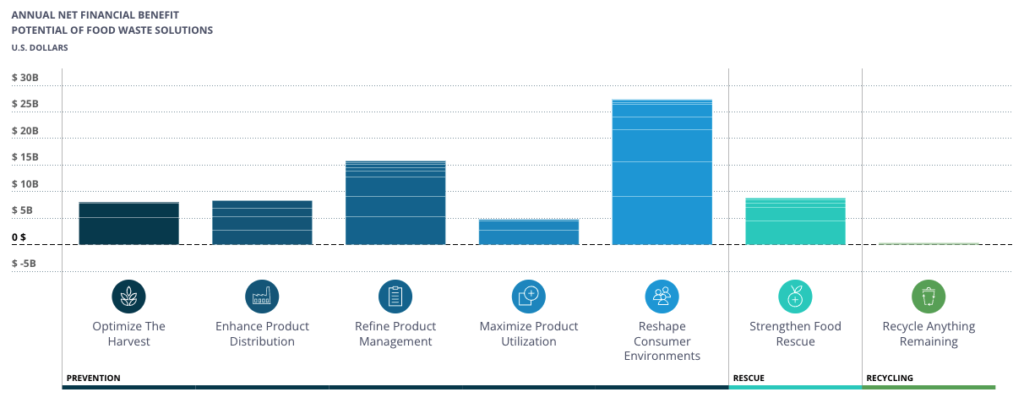DENBA+ FOOD PRESERVATION
Imagine the impact of a technology that has the ability to naturally extend the lifespan of all foods.
DENBA Corporation headquartered in Tokyo, Japan was founded in 2004 with a mission to develop impactful and sustainable innovations for mankind.
DENBA’s patented proprietary technology uses static wavelengths to activate water molecules contained within foods. Such approach suppresses bacterial growth, prolongs the freshness of foods without losing nutritional value. This has created new standard for freshness preservation, freezing and thawing of food ingredients. From the producer to the end-user, they are favored by customers throughout the supply chain.
This technology is in the health, beauty, and medical fields and has committed to the highest quality, technology and safety standards.
Is DENBA right for you? The Impact of Food loss & Waste
Food loss and waste (FLW) is recognized as a serious threat to food security, the economy, and the environment. Approximately one-third of all food produced for human consumption (1.3 billion tons of edible food) is lost and wasted across the entire supply chain every year. The monetary value of this amount of FLW is estimated at about USD $936 billion, regardless of the social and environmental costs of the wastage that are paid by society as a whole. The amount of FLW is sufficient to alleviate one-eighth of the world’s population from undernourishment and address the global challenge to satisfy the increased food demand, which could reach about 150–170% of current demand by 2050.
In comparing the average shrink estimates for fresh items in 2011-12 with the 2005-06 averages from an earlier ERS study, it was found that the 2011-12 shrink averages were higher by 1.2 percentage points for fresh fruits, roughly 2 percentage points for fresh vegetables, and 8.2 percentage points for fresh meat, poultry, and seafood. The average annual supermarket 2011-12 shrink rates for individual fresh fruits, vegetables, meat, poultry, and seafood at the retail level varied from 2.2 percent for sweet corn to 62.9 percent for turnip greens. Average fresh fruit shrink was in a narrower range: 4.1 percent for bananas to 43.1 percent for fresh papayas. The average shrink for fresh meat, poultry, and seafood ranged from 5.9 percent for turkey to 24.1 percent for shellfish.
Denba+ technology is uniquely positioned to reduce food loss and waste by extending the freshness and longevity of products and consumables! Contact us so we can work toward a more sustainable future.

Data provided by REFED (2022) – https://insights-engine.refed.org/solution-database?dataView=total&indicator=us-dollars-profit
DENBA Technology
DENBA + uses a unique technology to form electrostatic waves in the refrigerator.
Under the influence of fine electronic vibrations, water molecules will not solidify (ie, freeze) even in the temperature range below the freezing point of 32 ° F ~ 24 ° F.
Because the electrostatic wave environment is formed, it can prevent the oxidation of food ingredients and also has the effect of inhibiting the proliferation of bacteria. DENBA + uses this technology to create an environment in which ingredients are kept fresh and matured.
Alliance & Strategic Network
Recent Videos
The unique patented technology is a revolution in the freshness, preservation, freezing, and thawing of agricultural products, and has established new standards for quality. From the producer to the end-user, DENBA+ is preferred by customers throughout the cold chain.